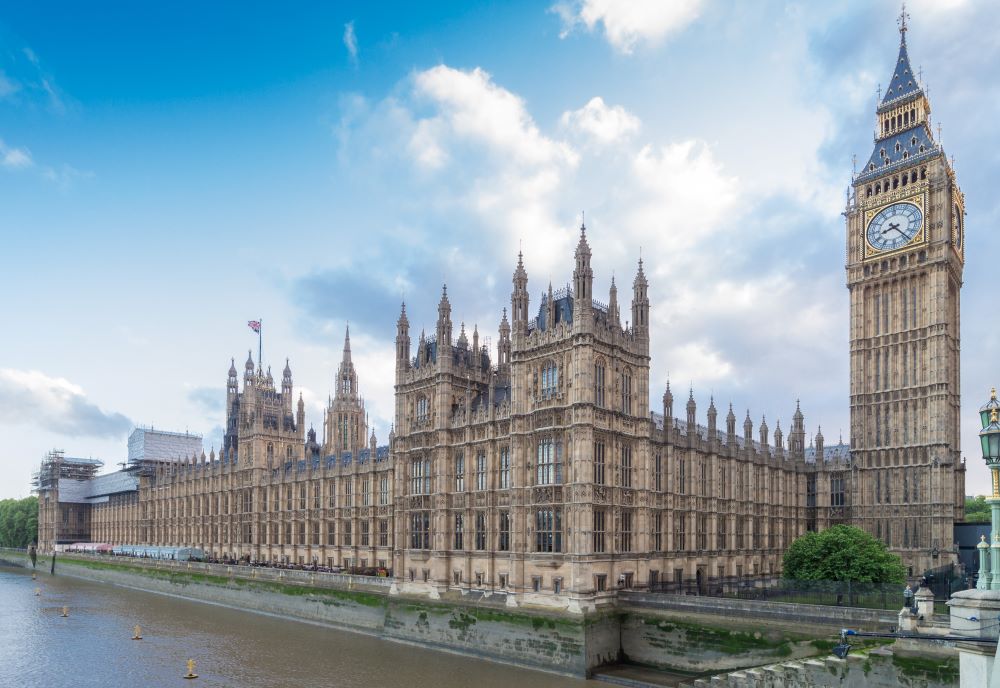
Windsor Framework
It was the announcement some doubted would ever come but, this week, prime minister Rishi Sunak and European Commission president Ursula Von der Leyen announced their new solution to the Northern Ireland Protocol. The Institute swung into action and condensed the Windsor Framework down to the key takeaways for traders.
Questions in Parliament naturally began to turn to how the Windsor Framework would be implemented in the future. In particular, the House of Lords discussed yesterday (2 March) how the so-called "Stormont Brake" aspect of the framework would function.
Lord Caine (Parliamentary Under-Secretary of State for Northern Ireland) said that: “If the brake is pulled, the United Kingdom can veto new EU goods laws that would have significant but lasting effects on the everyday lives of the people of Northern Ireland.”
He acknowledged that there are “details yet to be filled in” in relation to the Windsor Framework and that these details would be discussed with Northern Ireland authorities “almost immediately”.
Priorities for Department for Business and Trade
Secretary of state for business and trade, Kemi Badenoch MP, set out her stall earlier this week regarding her newly formed department’s priorities.
She laid out five key areas of focus:
- Removing barriers that stop businesses succeeding
- Increasing exports every year until the UK hits £1trn by 2030
- Make the UK the top investment destination in Europe
- Signing high-quality trade deals
- Free and fair trade
She also used her speech to push back on the narrative of “constantly being told that our exports our falling” when in fact she believes that “the opposite is true.”
She added that the UK has “just broken the £800bn mark for the first time” and is “well on the path to our £1trn export ambition”.
She further argued that the UK remains the “unicorn capital of Europe” and the “per-capita Nobel Prize champions of the world”, with domestic investment “up nearly 10% last year” and with inward international investment stock breaking the £2bn mark for the first time.
Freeports
Freeports are becoming quite a common theme in the Houses of Parliament.
Alex Cunningham MP raised the Tees Freeport to minister of state for energy security and net zero, Graham Stuart MP, asking when the secretary of state would have discussions on the potential contribution of the freeport to the wider UK strategy of meeting net zero targets.
Stuart responded, explaining that the department is always in discussions on the contribution that all parts of the UK can make, including freeports.
Alluding to his recent visit to Teesside alongside mayor Ben Houchen of Tees Valley, Stuart noted the successes in the Teesside area, including “SeAH Wind’s £400m factory investment for offshore wind monopiles,” that will be situated next to the “£107m South Bank Quay on the Tees.”
Virginia Crosbie MP also took the opportunity in Wales Questions this week to re-emphasise her support for the Anglesey freeport, calling it a "super highway" to the future, and asking the secretary of state for Wales, David TC Davies, if he agreed with her.
Although Davies did not state support for the Anglesey freeport, he paid tribute to Crosbie for being a “champion”, not only for a freeport, but also for a nuclear power station and a third Menai bridge.



